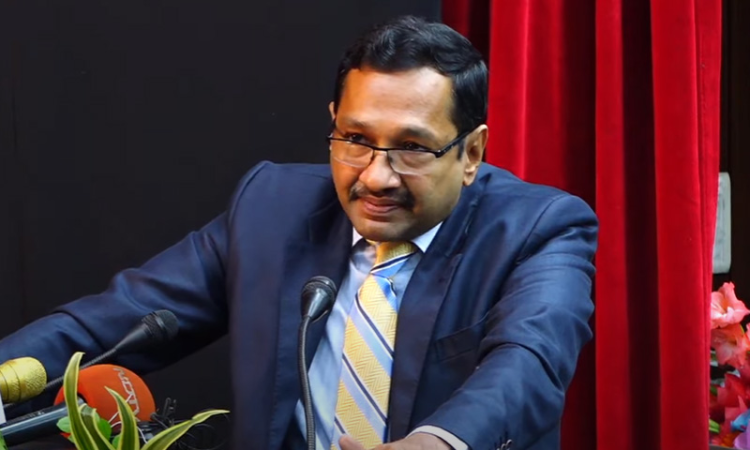Supreme Court judge Justice MM Sundresh on Saturday spoke about the need to have codified law regarding surveillance.“There must be a codified law that empowers the agency to undertake acts of surveillance. Such a law must be subject to constitutional mandate. It'll prevent arbitrary action preserving the privacy of individuals", Justice Sundresh said, while delivering a lecture on the...

